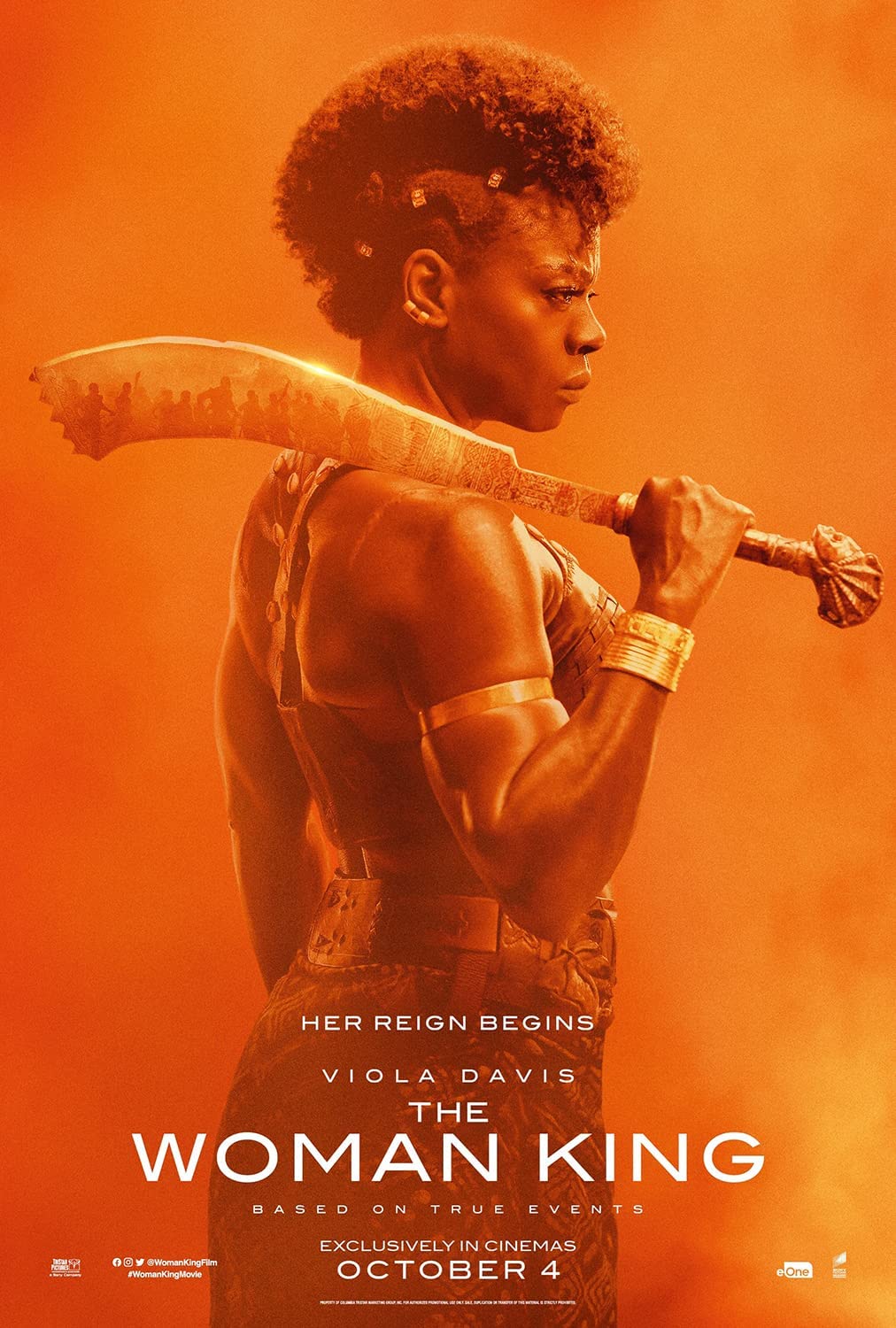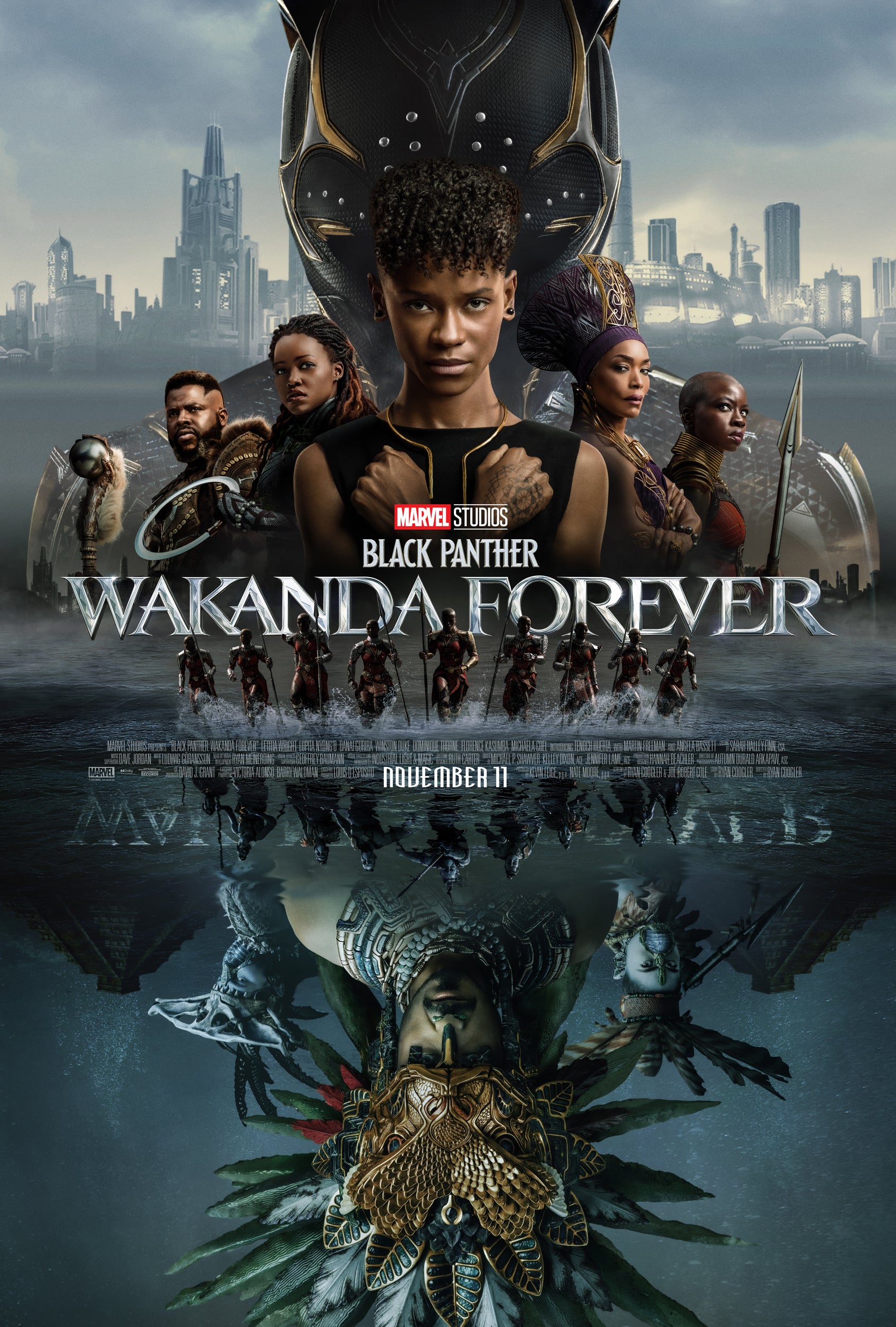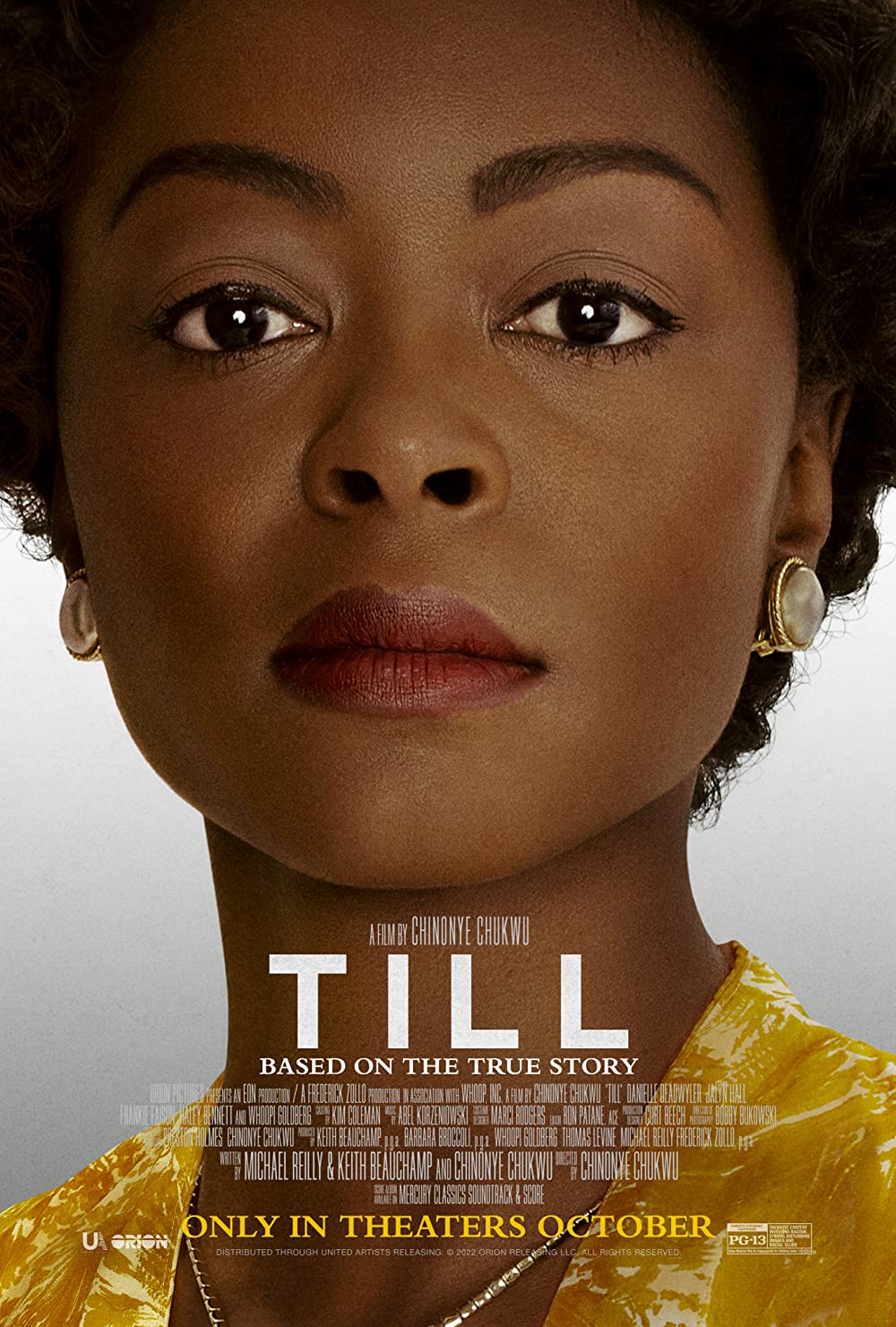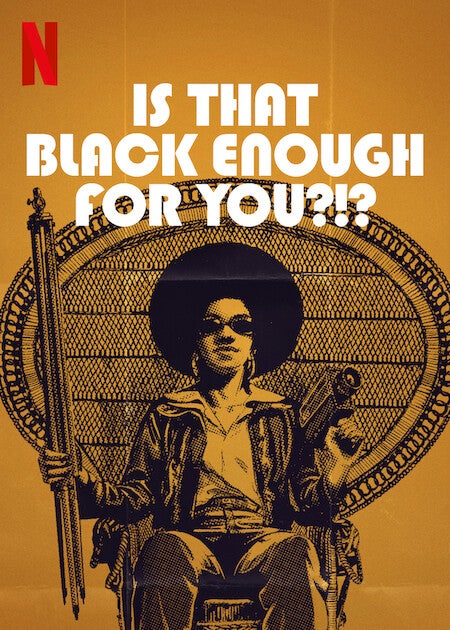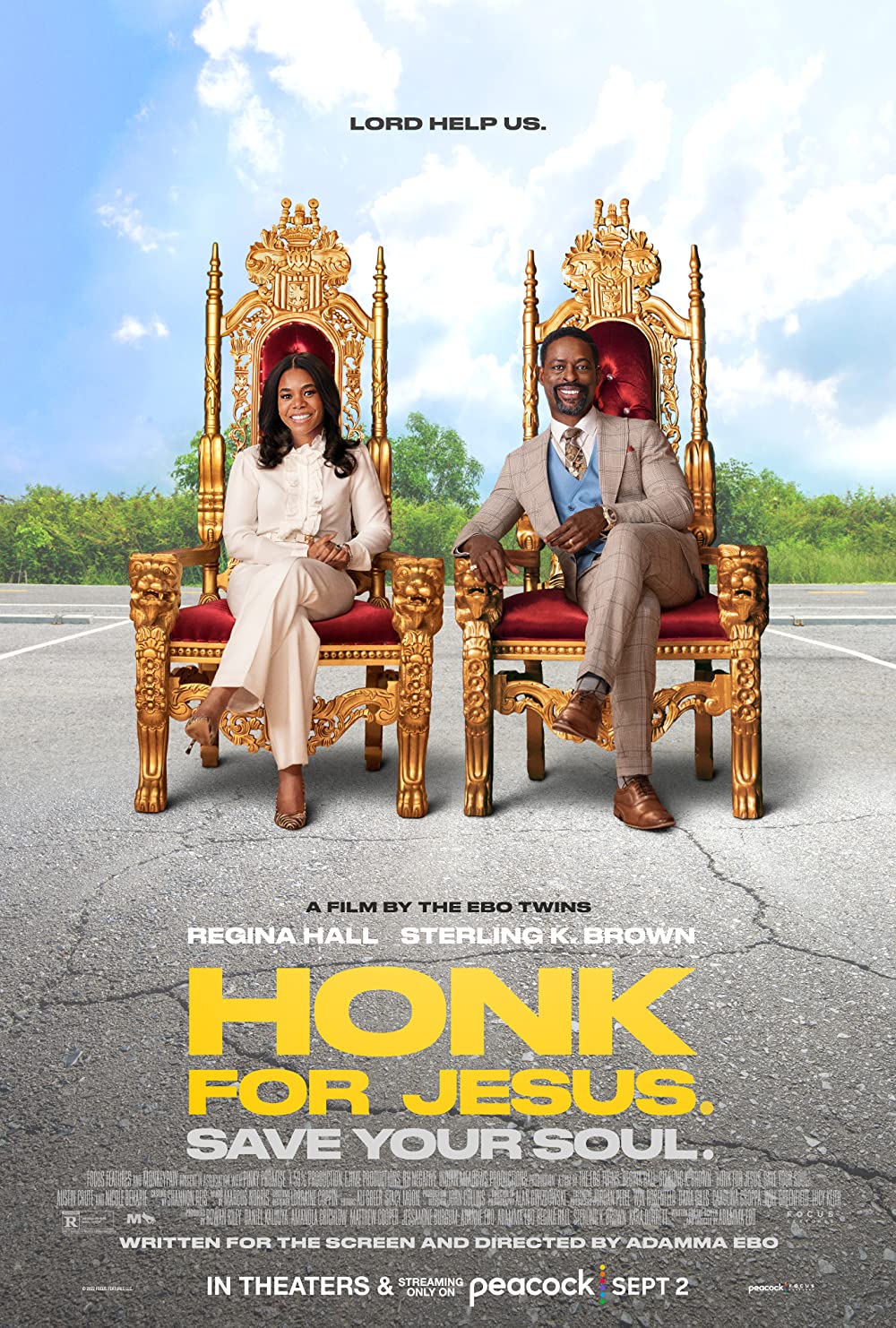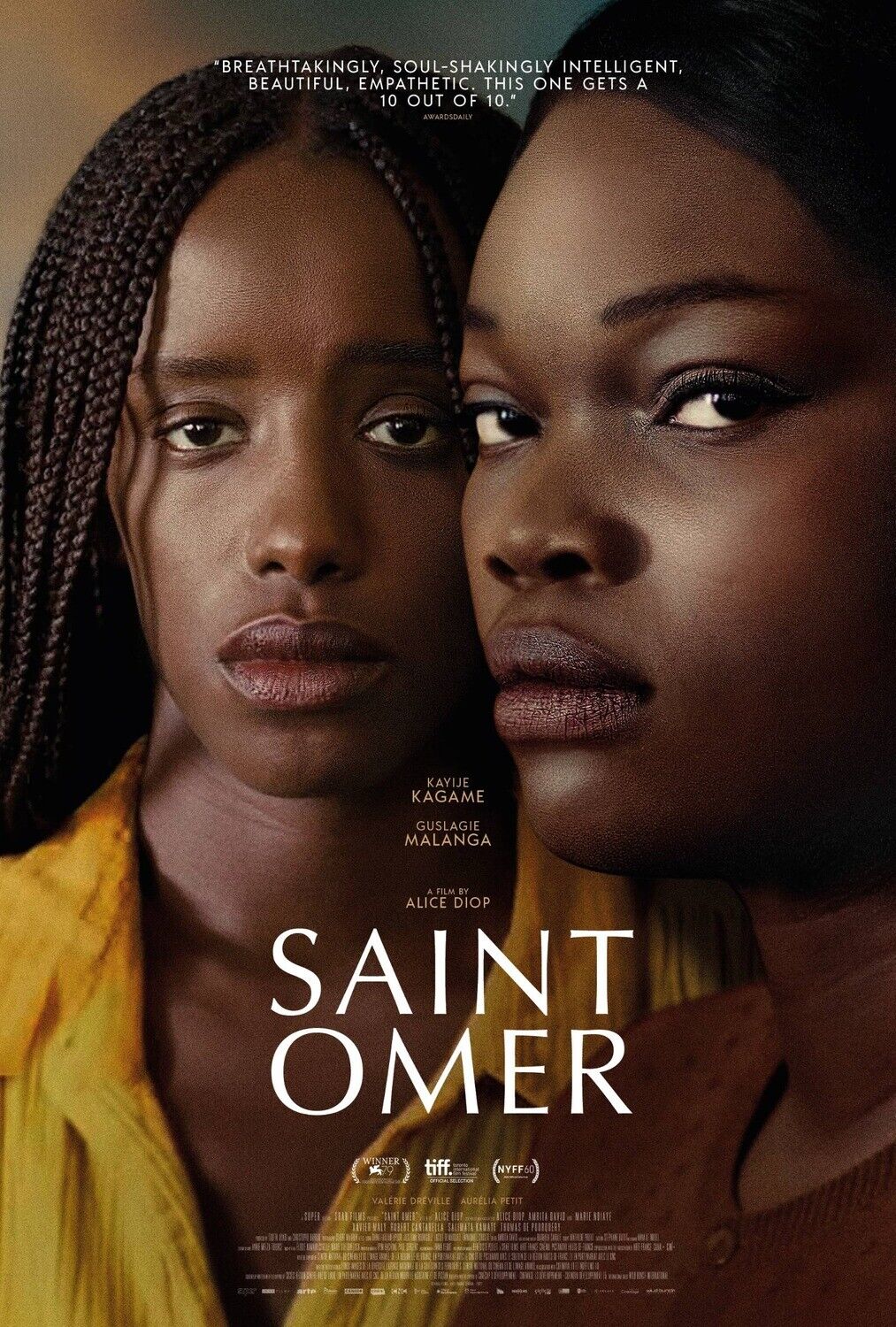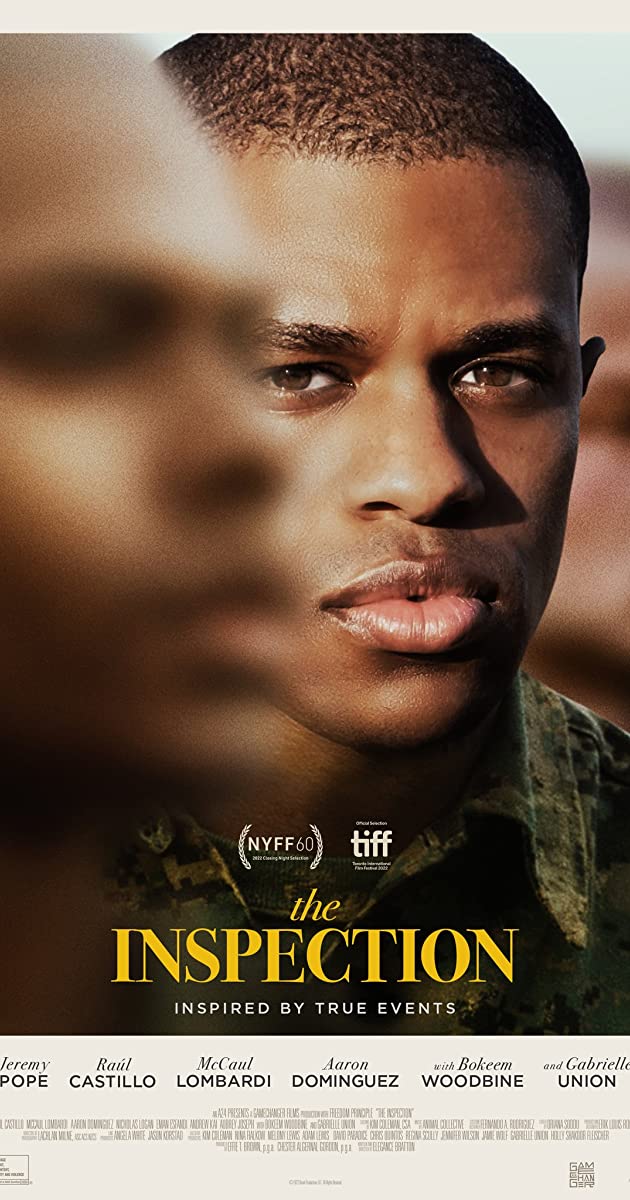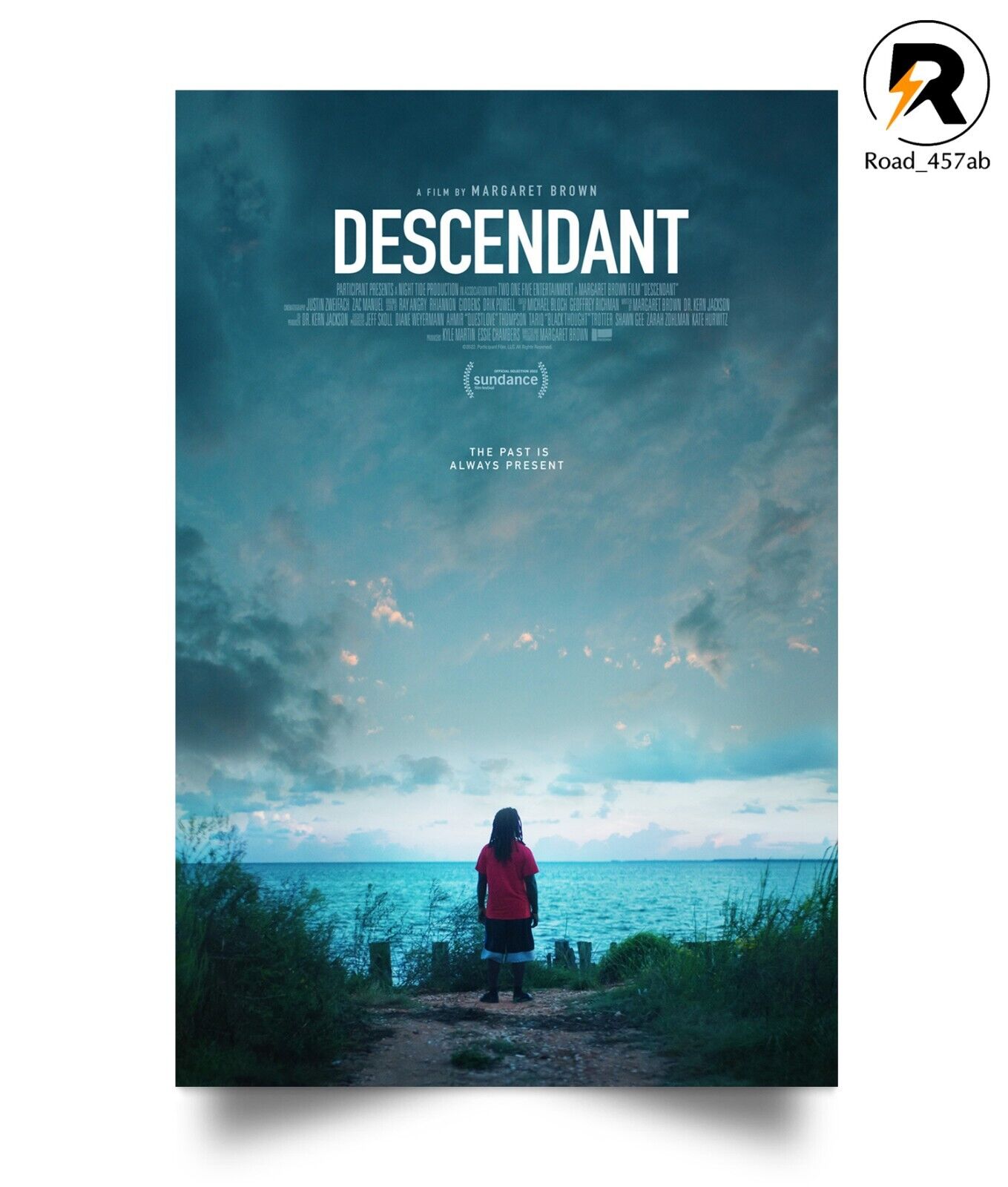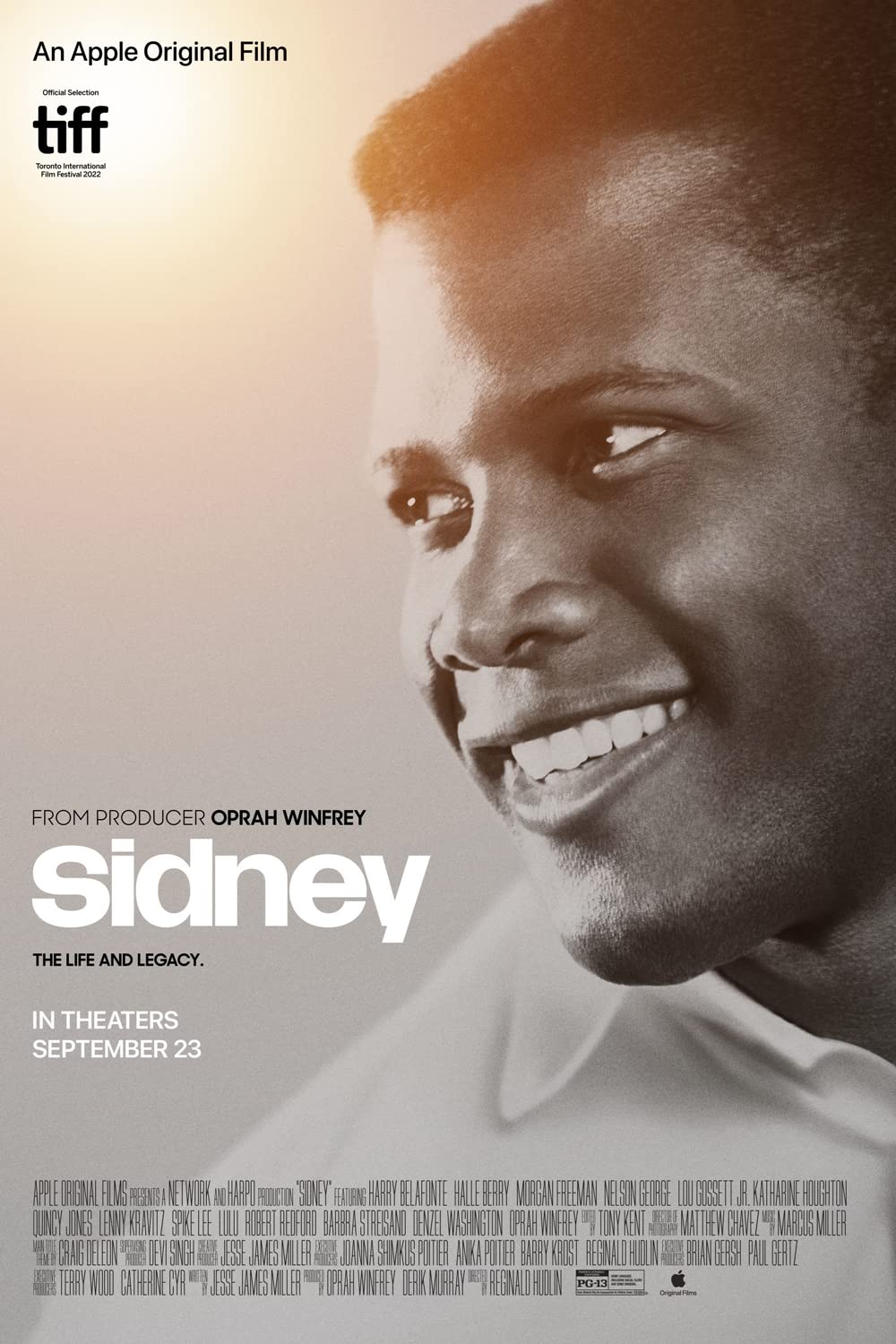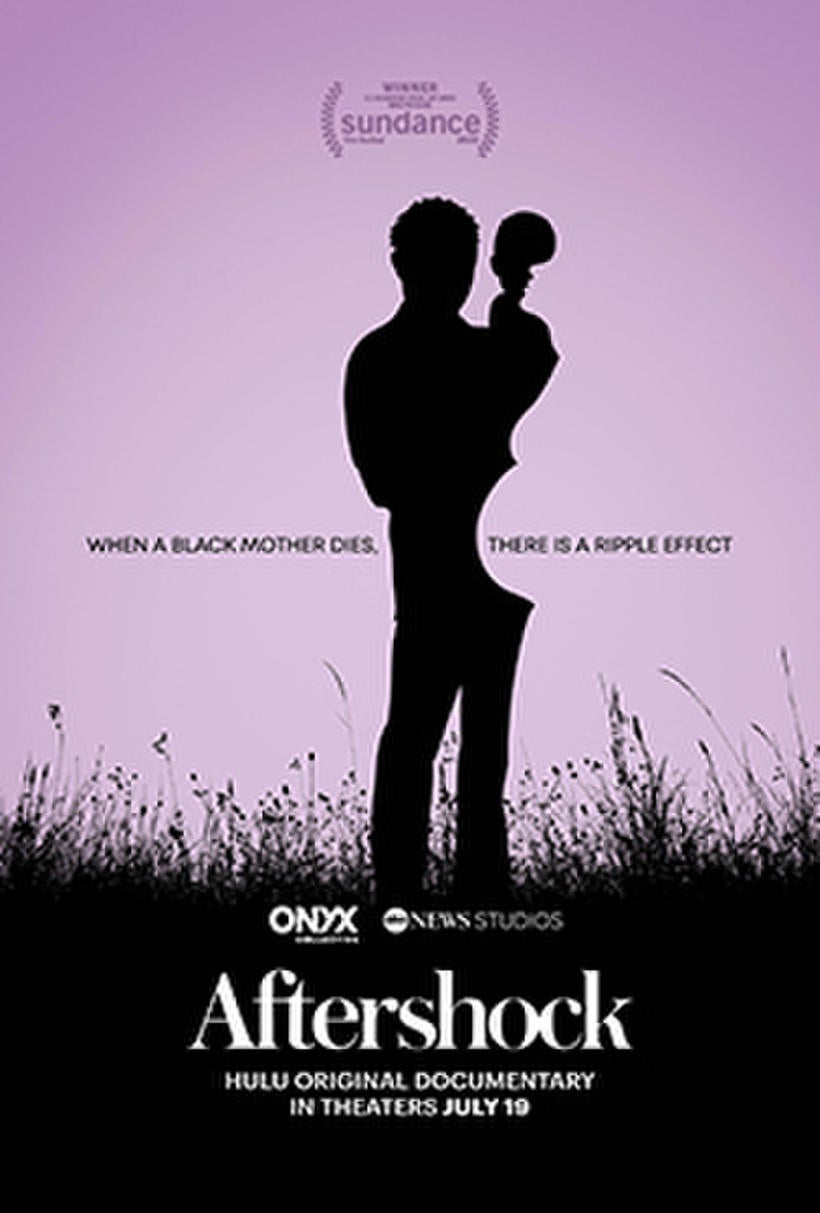Since the birth of cinema in the 19th century, Black people have fought for representation. Early pioneers like Oscar Micheaux paved the way for filmmakers like Gordon Parks, Spike Lee, and Julie Dash. Unfortunately, Hollywood hasn’t always championed Black stories. Though there was a robust offering of films in the ’90s with movies like Boyz N the Hood, Soul Food, Waiting to Exhale, and The Best Man, the beginning of the 21st century ushered in a near-decade-long drought, with only a handful of Black films being produced during that period.
Now, two decades into the 21st century, Black representation in cinema is continually robust. From satirical films to superhero universes and certainly films with more Black women at the helm, moviegoers from various backgrounds with diverse tastes all have something to gravitate toward.
2022 was a banner year for Black cinema, offering a wealth of Black stories. From dramas and comedies to documentaries and satires, here are the best films of the year
Gina Prince-Bythewood’s stunning historical epic, The Woman King, is a celebration of power and strength. Set in 1823 in Dahomey, West Africa, the film follows the Agojie, the women-led army that keeps the country safe. The formidable General Nanisca (Viola Davis) and her lieutenants Amenza (Sheila Atim) and Izogie (Lashana Lynch) usher in a new crop of recruits, including the mischievous Nawi (Thuso Mbedu), just as the horrors of the transatlantic slave trade threaten everything the kingdom has built.
More than just a history lesson, The Woman King honors the power of Black sisterhood and the strength in our bonds with one another.
The death of actor Chadwick Boseman in August 2020 stunned the world. No one outside of his family even knew he’d been ill, including his good friend, director Ryan Coogler. When Marvel Studios decided they wouldn’t recast Boseman’s role, T’Challa, Coogler had to scrap his original script for the Black Panther sequel and come up with something new.
In the end, Coogler delivered Black Panther: Wakanda Forever. The film is a stunning tribute to Boseman that examines the anguish and rage of grief through T’Challa’s sister Shuri (Letitia Wright) and her clash with Talokan leader Namor (Tenoch Huerta Mejia). The film is both a goodbye and a reminder that we can face our pain without succumbing to suffering.
Many of us know the horrific story of the death of Emmett Till, the 14-year-old Black boy who was brutally murdered in Money, Mississippi, in 1955. However, in Chinonye Chukwu’s Till, the filmmaker gives voice to Emmett’s mother, Mamie Till-Mobley, who gave her life to activism following her son’s death.
In an absolutely stunning performance, Danielle Deadwyler transforms into Till-Mobley. The movie gives voice to the heartwrenching fear Black mothers have in white America. The film examines Till-Mobley in the days and weeks before and following Emmett’s death and how she bravely pushed forward, determined to seek justice for her son.
Nearly 70 years after Emmett Till’s death, Till forces America to face the truth about its past and present.
Hollywood would not be what it is today without Black people. In his expansive Netflix documentary, Is That Black Enough For You?, film critic and scholar Elvis Mitchell digs deep into the cinema archive to unpack Black representation in movies from the silent film era into the Blaxploitation era.
The film highlights some of the greatest Black artists and movies of our time, giving them the recognition they deserve. Commentaries from legends like Harry Belafonte and Marla Gibbs aid in examining the rise and fall of Black representation in the 1970s and how it shaped what we see on movie screens today.
The Black church has been at the center of Black life for centuries. It is a place of pride and fellowship for many people. However, some churches across the country have also fostered an environment of greed, misogynoir, and bigotry. In her directorial debut, Honk For Jesus, Save Your Soul, Adamma Ebo examines modern-day Black church culture with dark comedy and satire.
Honk For Jesus follows Trinitie Childs (Regina Hall), the first lady of a mega-baptist church, Wander To Greater Paths. The once-distinguished church experienced a mass exodus of its parishioners following a scandal involving Trinity’s husband, Pastor Lee-Curtis Childs. The Prime Video film follows the couple’s attempt at a big comeback. Ebo uses dark comedy to grapple with the hypocrisy in some Christian churches, the damaging patriarchal structure, and what the Black community continues to lose by following false prophets.
Based on the 2016 real-life trial of a Senegalese Frenchwoman who allowed her 15-month-old baby to get carried away by the tide in Berck-sur-Mer, France, Alice Diop’s feature film debut, Saint Omer unpacks the madness of motherhood.
Told through the perspective of two women, Laurence Coly (Guslagie Malanga), who is on trial for infanticide, and Rama (Kayije Kagame), an academic watching the trial for research, Diop reframes the horrendous crime by interweaving fact with fiction.
Saint Omer examines the things that can never be undone and what it means to forge a path ahead on your own terms.
In his debut fiction film, The Inspection, director Elegance Bratton turns his lens on himself. The stellar drama is based loosely on Bratton’s story of rejection, perseverance, and self-acceptance. The film follows Ellis French (Jeremey Pope), a housing-insecure gay man who enlists in the Marines to reconnect with his homophobic hyper-religious mother, Inez (Gabrielle Union).
The Inspection examines broken systems, hypocrisy, and the pitfalls of hypermasculinity. It also explores the power and strength of chosen families and communities.
Hollywood has never shied away from depicting the antebellum period on screen. However, in the Netflix documentary, Descendant, filmmaker Margaret Brown centers on the community of Africatown, Alabama. The residents of Africatown are descendants of America’s last slave ship, Clotilda, which arrived on the shores of Alabama in 1860, some 52 years after the international slave trade was outlawed in the U.S. and just a few years before the Civil War would reshape the country’s future.
A portion of Descendant examines the search for the ship wreckage, which was finally found in 2019. However, the film goes much further than that. It focuses on the close-knit community of Africatown and how years of systemic racism and disfranchisement tried to bury the truth of what happened with Clotilda and the town’s legacy.
Helmed by the legendary Reginald Hudlin, Apple TV+’s Sidney examines the life and career of the late legend Sir. Sidney Poitier. Known as the first Black movie star, Hudlin unpacks Poitier’s humble beginnings in the Bahamas to his days in New York, where he got his start on the theater stage.
Hearing from the late Academy Award winner himself, Poitier looks back on moments that changed the trajectory of his life, shifted his perspective, and forced him to confront his faults as a man.
Using archival footage and interviews from Denzel Washington, Spike Lee, Oprah Winfrey, and Poitier’s daughters, Sidney does not shy away from the actor’s triumphs and stumbles. It’s a beautifully illustrated account of what’s possible if you’re determined to follow your dreams.
Filmmakers Tonya Lewis Lee and Paula Eislet humanize the Black Maternal Health Crisis in Onyx Collective’s Aftershock. A devastating documentary, the narrative is told through the perceives of the families of Shamony Gibson and Amber Rose Issac, two young women who died in 2020 due to childbirth complications.
Aftershock examines our broken healthcare system and the disparities and inequities. Black women face during pregnancy, birth, and postpartum. Though the film certainly has some devastating moments, Lewis Lee and Eislet’s film focuses on the people working to create better birthing outcomes for us all.

